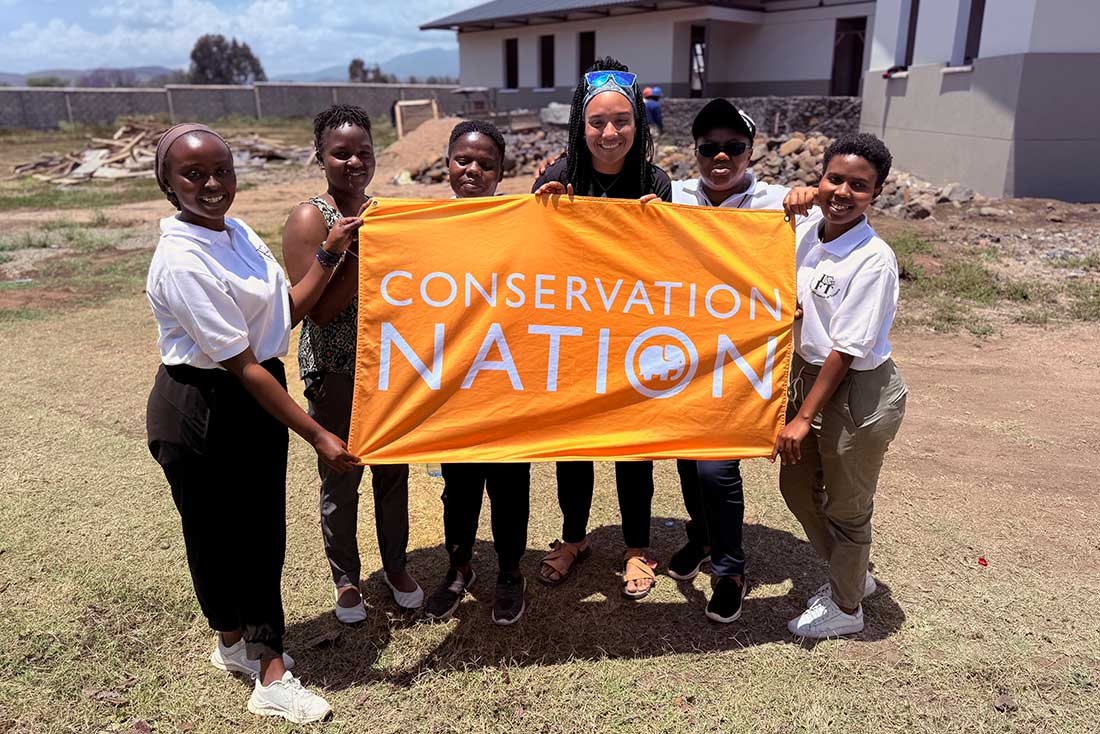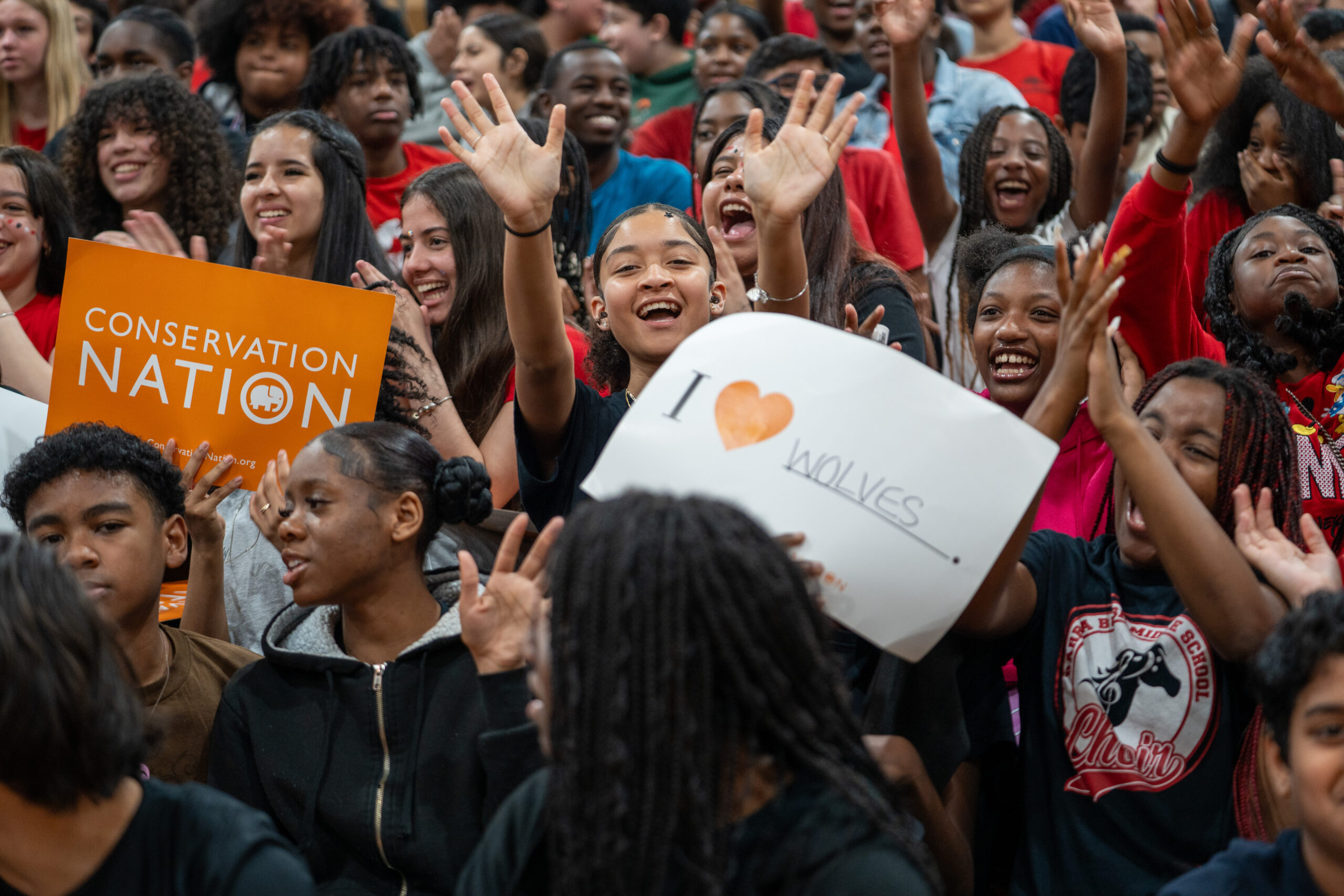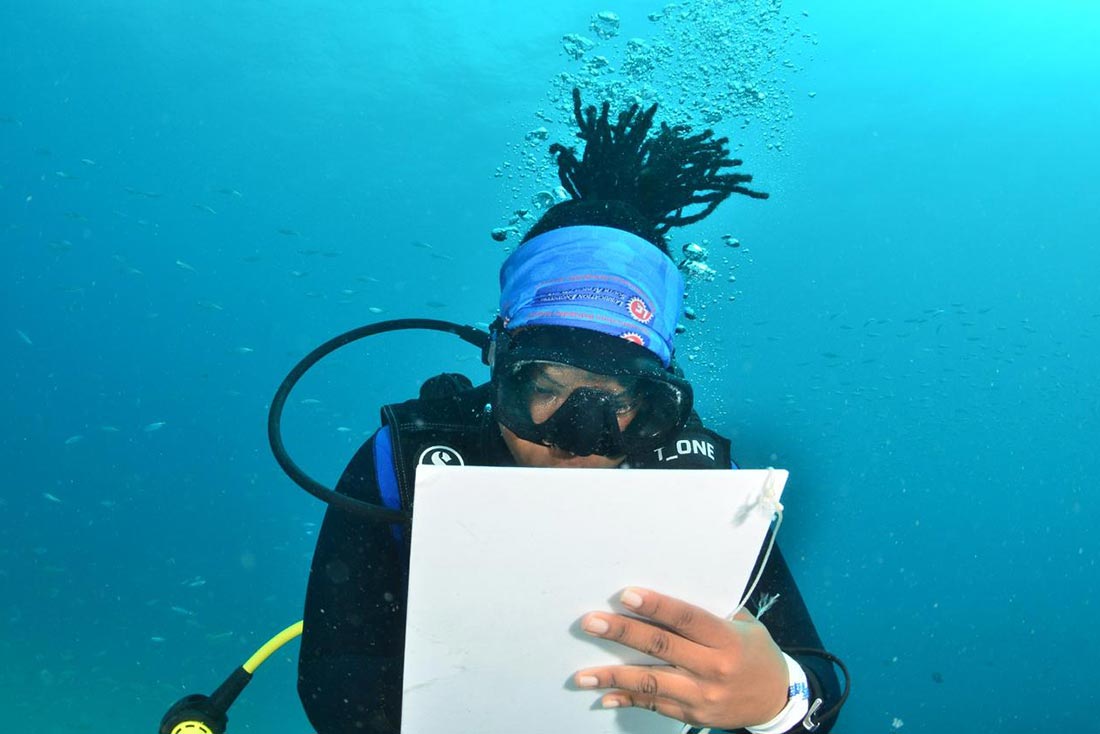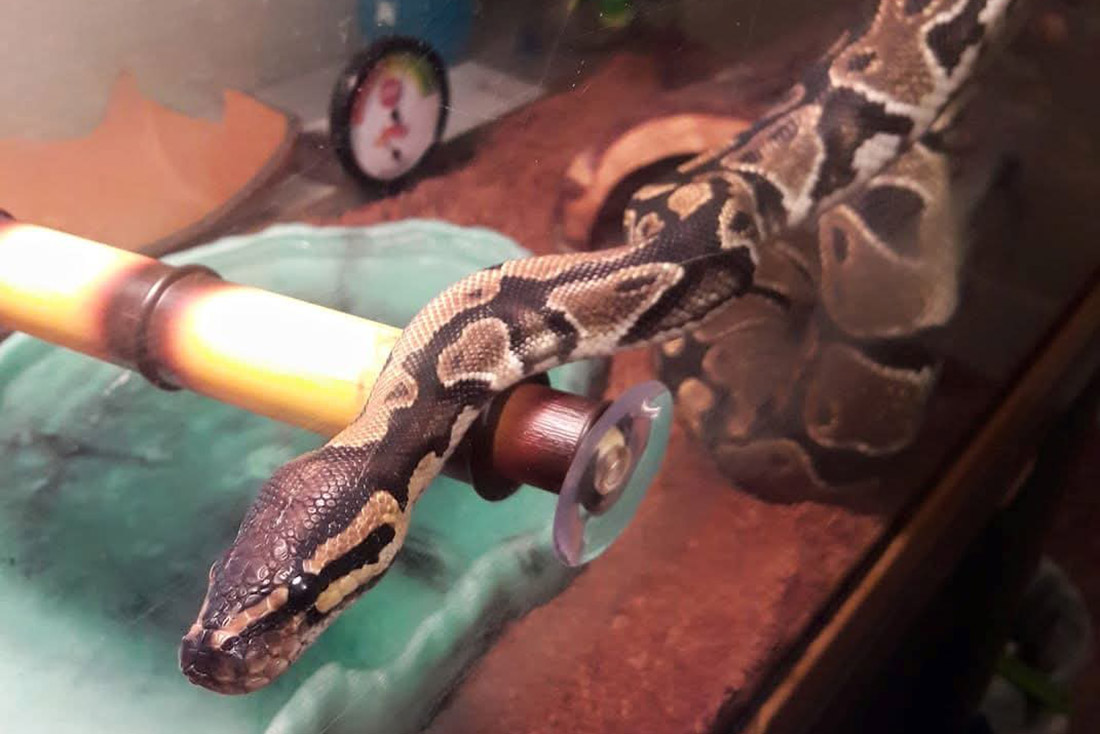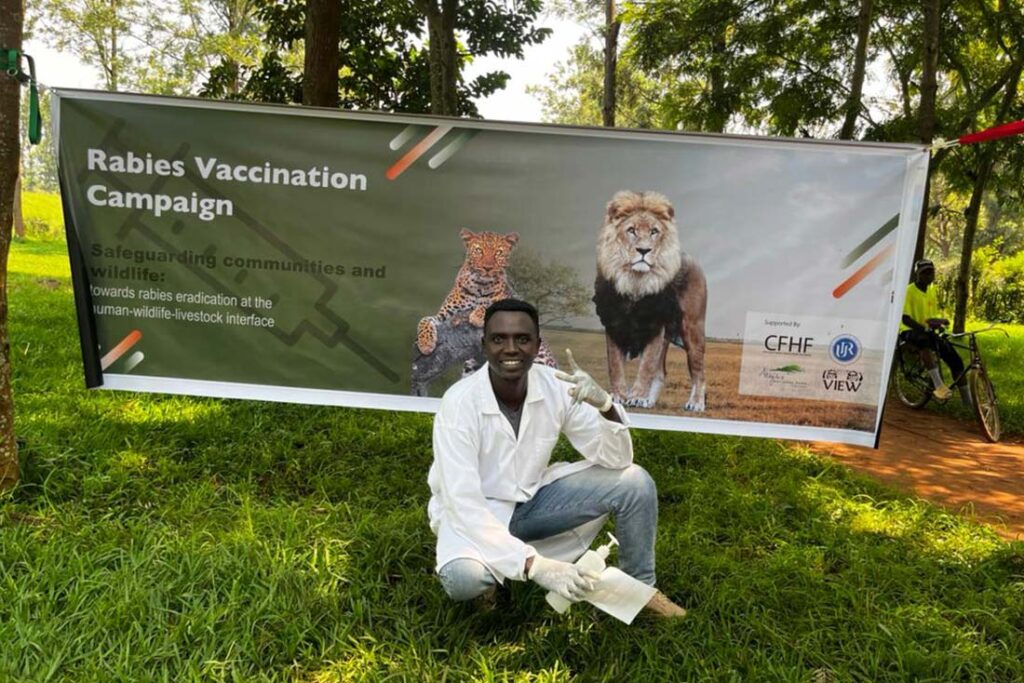The Veterinary Initiative for Endangered Wildlife (VIEW), in collaboration with the University of Rwanda’s School of Veterinary Medicine, is proud to announce scholarship awards to two deserving young veterinary students: Mr. Emmanuel Nyandwi and Mr. Emmanuel Tuyishime. Made possible by a grant from Conservation Nation’s People & Pachyderms Collective, these scholarships will support the recipients’ innovative research projects on the prevalence and distribution of antimicrobial-resistant (AMR) bacteria among elephants and rhinoceroses. Both recipients have demonstrated outstanding dedication to wildlife conservation.
About the Project: Addressing Antimicrobial Resistance in Pachyderms
Antimicrobial resistance (AMR) occurs when microorganisms evolve to withstand the medications designed to kill them, making infections harder to treat and increasing the risk of disease spread. AMR is a growing global concern, affecting human, animal, and environmental health. According to the World Health Organization, AMR is one of the top global public health and development threats which is estimated to be directly responsible for 1.27 million global deaths in 2019 and contributed to 4.95 million deaths. In wildlife particularly, AMR poses complex threats to biodiversity and ecosystem stability. Through these scholarships, VIEW supports research aimed at:
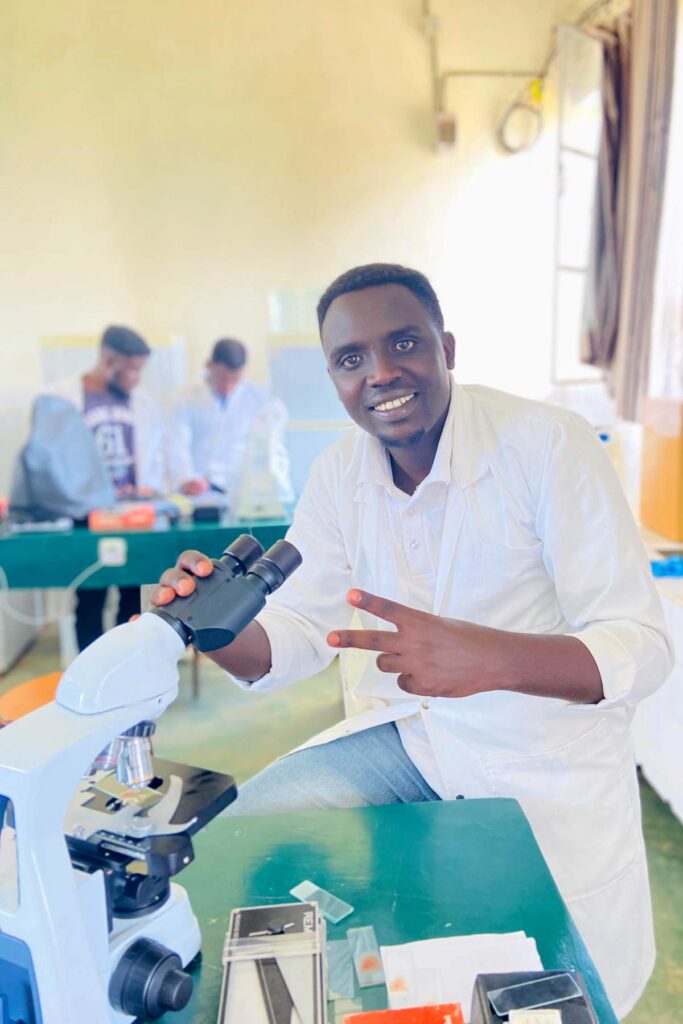 A final-year veterinary medicine student, Emmanuel Tuyishime has built a robust foundation in animal health, holding an Advanced Diploma in Veterinary Technology and leadership roles such as President of the International Veterinary Students’ Association (IVSA) – Rwanda. He also serves as Coordinator of the University of Rwanda’s Wildlife Health Club.
A final-year veterinary medicine student, Emmanuel Tuyishime has built a robust foundation in animal health, holding an Advanced Diploma in Veterinary Technology and leadership roles such as President of the International Veterinary Students’ Association (IVSA) – Rwanda. He also serves as Coordinator of the University of Rwanda’s Wildlife Health Club.
Emmanuel’s academic portfolio includes co-authoring research on microbial susceptibility and leading projects that bridge veterinary science with conservation. His scholarship will bolster his expertise in wildlife disease surveillance, laboratory diagnostics, and interdisciplinary collaboration. Through his work on elephants and rhinoceroses in Akagera National Park, Emmanuel aims to inform national and global strategies for managing AMR in wildlife populations.
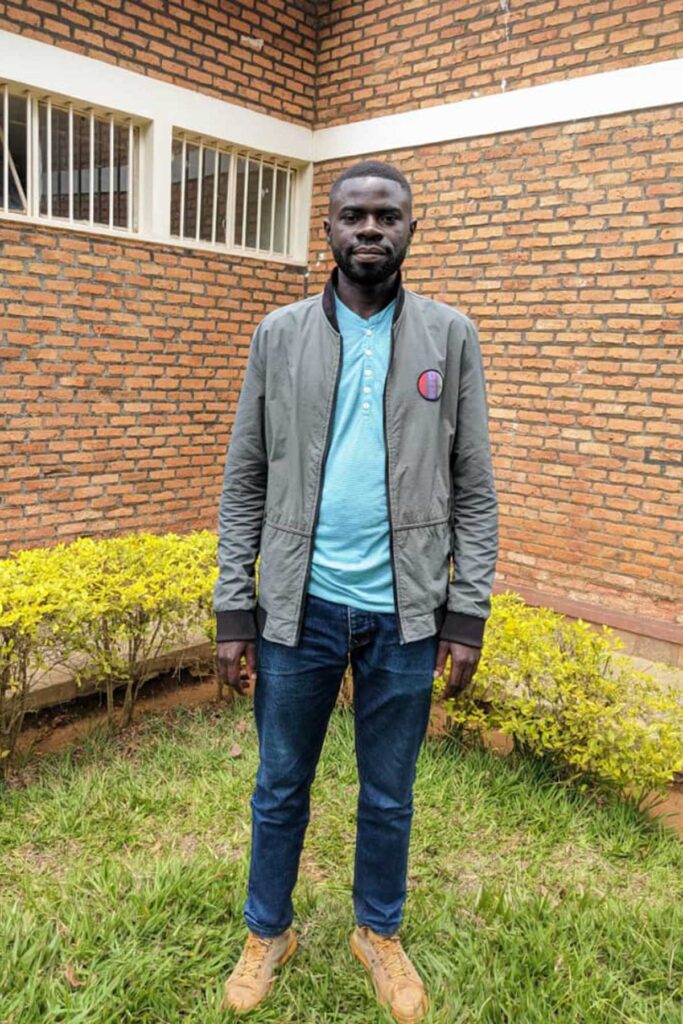 Growing up near Nyungwe National Park, Emmanuel Nyandwi witnessed firsthand the challenges of wildlife poaching. These formative experiences inspired him to pursue veterinary medicine at the University of Rwanda, driven by a deep passion for protecting endangered species.
Growing up near Nyungwe National Park, Emmanuel Nyandwi witnessed firsthand the challenges of wildlife poaching. These formative experiences inspired him to pursue veterinary medicine at the University of Rwanda, driven by a deep passion for protecting endangered species.
As President of the University of Rwanda Wildlife Health Club, Emmanuel has participated in various conservation efforts, including wildlife immobilization training and disease surveillance initiatives. He also contributed to VIEW’s Wildlife Health Manual for Akagera National Park. His research will focus on understanding AMR patterns in elephants across Akagera and Volcanoes National Parks, shedding light on how different ecosystems influence the spread of resistant bacteria.
Emmanuel’s academic portfolio includes co-authoring research on microbial susceptibility and leading projects that bridge veterinary science with conservation. His scholarship will bolster his expertise in wildlife disease surveillance, laboratory diagnostics, and interdisciplinary collaboration. Through his work on elephants and rhinoceroses in Akagera National Park, Emmanuel aims to inform national and global strategies for managing AMR in wildlife populations.
Training the Next Generation of Conservationists
VIEW remains committed to supporting emerging professionals in wildlife health and conservation through funding, mentorship, and collaborative research opportunities. By equipping young vet students like Emmanuel Nyandwi and Emmanuel Tuyishime with the resources they need, VIEW helps drive progress in global conservation efforts and ensure the protection of endangered wildlife for generations to come.
A key partner in this mission is the University of Rwanda (UR), a leading public research institution established in 2013 and dedicated to advancing knowledge and national development. Recently, UR’s School of Veterinary Medicine was elevated to the College of Veterinary Medicine and Animal Sciences (CVAS), a milestone that demonstrates a commitment to strengthening teaching and research capacity in veterinary and animal sciences. As the only institution in Rwanda with a School of Veterinary Medicine, CVAS is uniquely positioned to pioneer advancements in veterinary education and research.
Looking ahead, CVAS aims to broaden its focus on wildlife health and management, aligning with Rwanda’s national priorities in biodiversity conservation and the One Health approach. A strong emphasis on One Health principles equips students to tackle critical challenges such as zoonotic diseases, antimicrobial resistance, and sustainable animal production. In 2024, UR ranked 6th among Sub-Saharan African universities.
Congratulations to both Emmanuel Nyandwi and Emmanuel Tuyishime on their well-deserved scholarships!
Through the support of the People & Pachyderms Collective, VIEW’s vet in training, Dr. Charline Rutagengwa, is leading a critical study on pesticide exposure in Rwanda’s Akagera National Park (ANP), one of the oldest and largest parks in Africa. The park is home to some of the world’s most iconic wildlife, including African elephants, black rhinoceros, and Maasai giraffes. Akagera faces increasing challenges from human activity, including the use of unknown pesticides that can pose serious threats to its wildlife and surrounding ecosystems. This study is allowing VIEW’s team to establish a foundation for future conservation efforts toward understanding and protecting vulnerable ecosystems like Akagera.
The Threat of Pesticides
As agricultural activities increase around Akagera, farmers utilize various pesticides to boost food production. Unfortunately, these chemicals often seep into the park’s waterways, such as Lake Ihema, which is fed by the Akagera River. With an estimated 70% of Rwanda’s water flowing down through the park, wildlife—including elephants, rhinos, and other mammals—are potentially at risk of pesticide exposure.
Dr. Rutagengwa’s Pesticide Exposure Study
The study is designed to assess the level of organic chemical exposure, particularly pesticides, that could potentially be affecting wildlife in Akagera National Park. Collaborating with Dr. Krystal Pollitt at Yale University, Charline is using a newer, non-invasive method—silicone bands that passively collect environmental data. The study aims to provide a comprehensive picture of chemical exposure, which will inform future studies on specific chemicals that may be harming not only wildlife, but also domestic animals and humans in those agricultural communities.Protecting Wildlife and Communities
The study extends beyond wildlife, with Akagera’s anti-poaching dogs serving as samplers to monitor the broader environmental impact of pesticides. The results from Dr. Rutagengwa’s research will provide initial data to Akagera’s park management, serving as the first step to understanding pesticide exposure risk to wildlife. If harmful levels are identified, the findings may encourage further investigation and collaboration with local communities to explore safe pesticide practices in agriculture. While the study’s primary focus is on the health of elephants and rhinos, the findings may also uncover potential risks to other species that may be especially sensitive, such as amphibians which are globally in decline, further emphasizing the importance of this research for broader conservation efforts.Dr. David Murenzi joined VIEW as their Akagera-based veterinary intern in February 2023.
1 World Health Organization. (2024). One Health. https://www.who.int/health-topics/one-health

